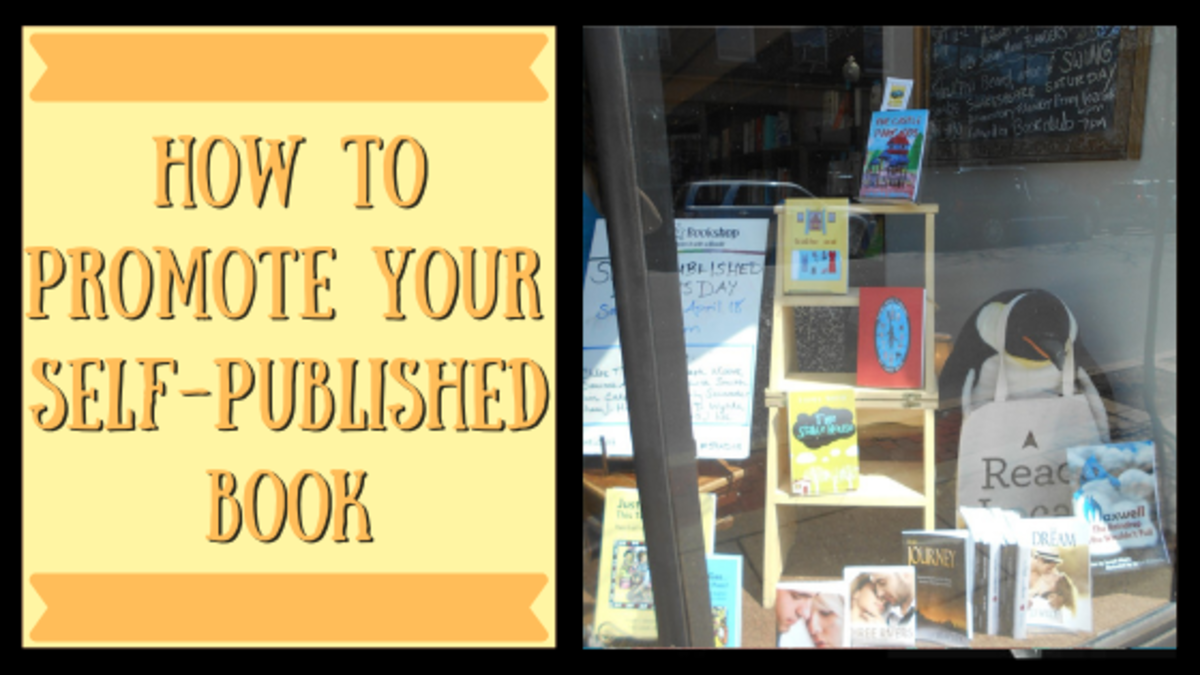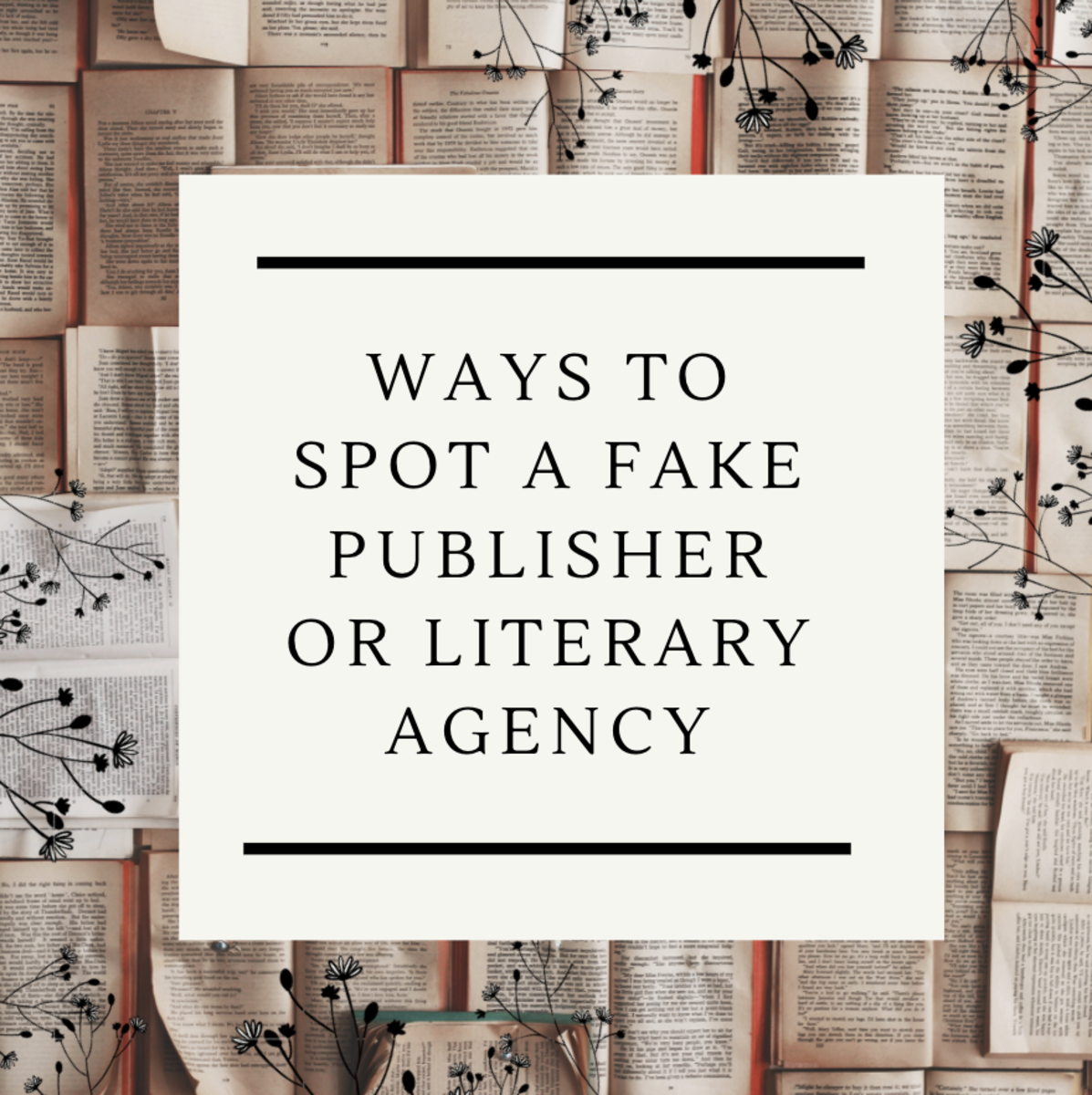What Are Some Common Self-Publishing Mistakes Made by Authors?

Self-Publishing Your Book
You want to become a published author and you want to publish your own books. You've made great progress in publishing books, you've written your manuscript, and had it edited by several editors, and you've rewritten it, and nothing happens. You get worried, and begin to see visions of money or some money disappear.
You've gone and rewritten some more and gone to some writing classes, either in person or in an online writing class, you've taken the suggestions of others, and still nothing. you've sent out more paper to literary agents, and publishers, and politely speaking the answer is nothing or no. So more money and more tips and more money spent to get this book published.
So, you are sitting in front of your computer wondering what is wrong. I can only say that there is really about 5 things that are so common that make a no. Publishing a book is easy, it is, and there are so many options, but here are a few tips to help. One thing no matter which route you decide to publish is is this: this is a business and the publishing business is like no other. It is a bsuiness but a special sort of business.

Who Are You Publishing For?
Not knowing who this book is for:This is basic marketing, and believe me I get this all the time. Someone writes a book, say a mystery or a romance, and they will say in their query letter that the book will be published for "everyone" since it has everything there-- romance, mystery whatever you name it. Would you as a business person not know who to market for? Be it online marketing or traditional marketing?
Sorry, publishing a book needs to be a bit more focused than this. A publisher and marketeer want to sell books, and they need some help. You. If you can't tell them where this book will sell, they won't say yes.
Which sadly is why self-publishing companies, or vanity presses more specifically, love these people, since at some point after not knowing who the book is for, or have expectations that are more realistic, they will spend money, sometimes a lot of money, on marketing.
So who is your book for? Answer this simple question and you'll have a better book and a better knowledge of your audience, and the publishing industry. You'll also enjoy the experience of publishing and making money more in this business.
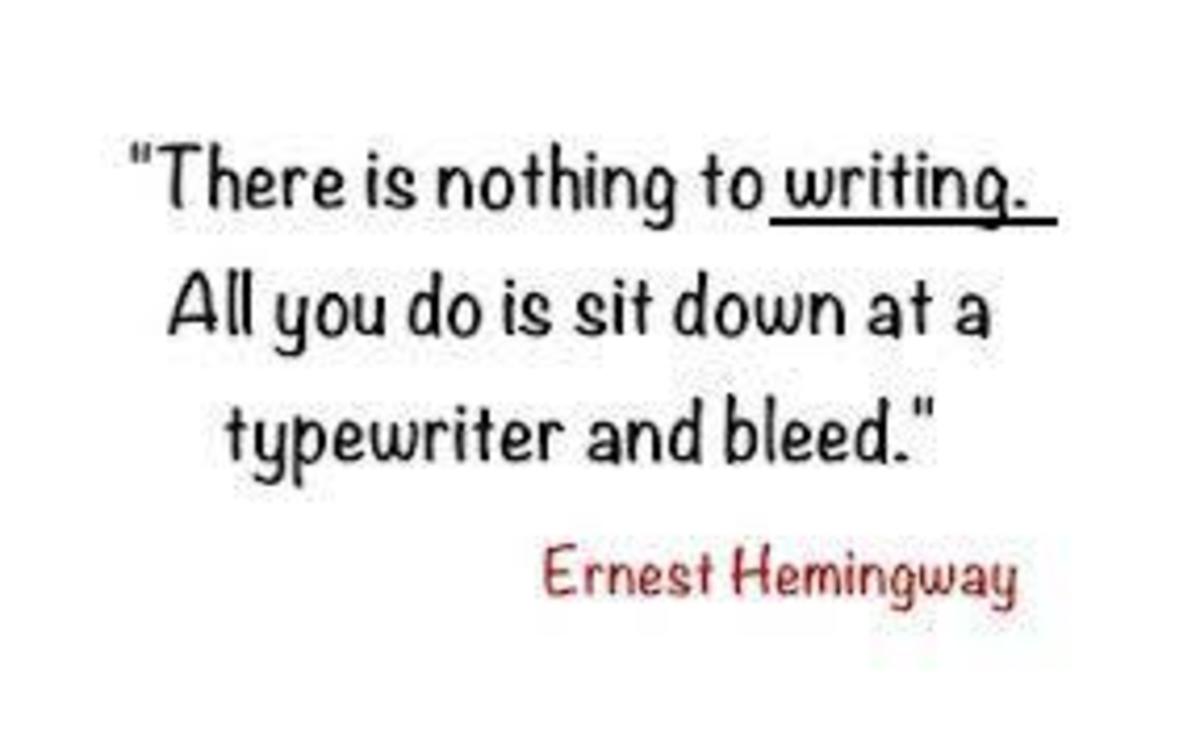

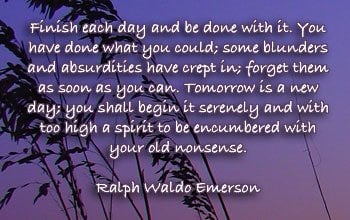
Not Understanding Publishing in General: When you write a hub, or any online article and publish it, you are self-publishing that article, when you write a blog, your self-publishing it. If you then want to publish in a traditional way you don't want to say you are a book publishing author. The fact is you are a writer, of some skill and of some success, but you haven't published a book, and if you have published your blog in a book format it is still self-published (unless it is by a small traditional publishing house.)
You aren't a published author. That is something different.
You work, say freelance, as people in general will come and if they like your writing, will "click on" an ad, and give you money. Do this a lot and you have a bit of extra money. Got that?
Same as saying to people that your are a published author, if you paid for the services and it is good, the correct term is self-published. many good authors have done this but until you are proven to be a good writer, don't inflate the ego, in the publishing industry there is a bit of learning that takes place. Accept this.
Not that you aren't a writer of talent and success, you simply aren't a published author.
Saying You Are Better than a "big name": Okay big one, big one, never never ever say you are going to be bigger than "the author of Carrie" or "the author of Harry Potter" this is bad, very bad. It's akin to saying you know a lot about say, publishing and asking basic questions. And if you do begin to ask basic questions after making said statement, well, you get the idea.
Or here on hubpages, saying you know more than what you think you know. By the way, it's bad taste to even suggest you are bigger than some, it's foot over mind in this case. If you are that big your sales will prove it. So will your fans.
Until then not such a great idea. Mimic them yes, don't copy them, and write your finest book you can possibly write. That will help.
Now, of course unless you get as successful with a book as say Harry Potter or Carrie or Hitchhikers Guide... then you can say that. To your future success, but that doesn't come until after you've proven yourself.
Publishing and Types of PublIshing
Saying that since you've had success in one type of publishing and therefore...: This is another biggie, I mean yes you've had success in one type of publishing area, say self-publishing or in traditional publishing or on e-books. This doesn't mean that the others won't work for you. Yes you have tried but this might be the cause of all the problems with publishing...
The type of publishing you do might not work for an other author.
I'll liken it to people saying self-publishing is better because they never got a good sale from the traditional sources, but now they are making money with self-publishing. I ask them what did you publish?
Often it is how to books, and the "for dummies" have the market on that one! or cookbooks or anything like that.. if your name ends with "child" you might have success, but even then, self-publishing is best with certain books.
Same as with Traditional publsihing it is better for some types of books fiction in particular, but it isn't all that great either. Little money long hours, and editors, and marketing and everything else in between.
There are drawbacks to both, but can you say them with an idea towards how to sell your book to make a profit?
People, writers, really shouldn't
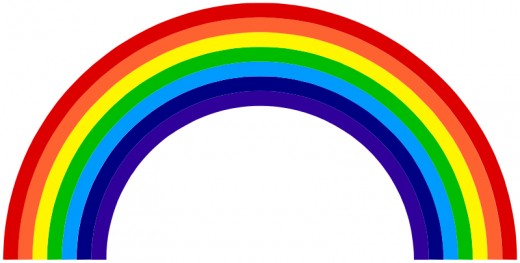

Last but not least:
Not knowing why you are writing: See, most people talk about when they write, or how they write, or who they write for, or where they write.
Can you tell me in twenty words or less why you write?
Looks easy but twenty words, and put it into a query letter, or in a published book. Not so easy, because we as writers in a sense fear the why of writing. for some it's the admission that they write for money or that they write because they want some success, or they write because they have something to prove.
Why is important, if you can say why you are writing things will fall into place a lot faster. My mentor and friend told me this why she writes " I write to share knowledge and to make money doing it."
The first part was easy to digest the second not so much, and it is twenty words or less. But according to her, when the second part came out her success with sales went sky high. Why? because she told her publishers that she wanted to make money for herself and them. They helped her thankfully.
Yes you can add passion and power and writing and enjoyment, but you need to be honest to yourself and to others. Why you write and want to publish a book is far more valuable than all the rest.
So there you have it the five most common mistakes I find in publishing, some of course are easier to fix than other and some are a bit harder all will ensure continued success in this business of writing and publishing.



